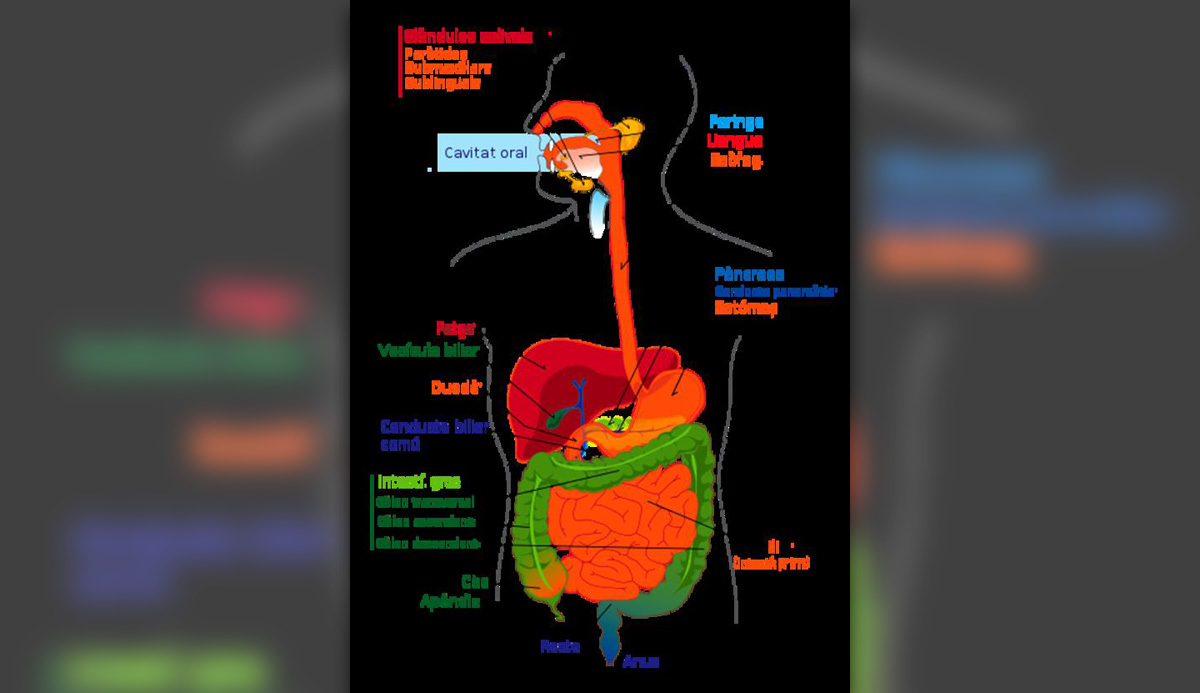
Our pancreas is very important when it comes to digestive processes. Namely, it delivers insulin and glucagons, along with many other substances necessary for the proper breaking down of food. Our pancreas is connected to the glands which produce these substances through ducts and it further transfers them through the pancreatic duct itself, into the duodenum.
A Day at Work
Pancreas has many different tasks, most of which are related to the digestive process, as it was mentioned above. First of all, it produces protein splitting enzymes like trypsin, chymortrypsin and carboxypolypeptidase. These are involved in breaking down digested proteins, ribonuclease and deoxyribonuclease, breaking them down to DNA and RNA.
Pancreas is also involved in breaking down carbohydrates, producing amylase. Moreover, lipase which breaks down neutral fat into fatty acids and glycerol is also produced by this vital organ of ours. Breaking down of cholesterol is also done by the substances coming through our pancreas.
This organ secretes water and bicarbonate ions in order to make its juice alkaline, neutralizing some of the stomach acids whenever the duodenal pH drops below 4.5
All in all, pancreas is involved in a vast variety of functions and processes, being a crucial part of our organism, especially when it comes to digestion per se. However, it is also one delicate organ which can be jeopardized by numerous factors regarding our well-being.
Symptoms of Pancreatic Dysfunction
If we are troubled by gases just an hour or two after our last meal, there are chances that our pancreas may not be working optimally. If the above mentioned bicarbonate is not produced by the pancreas, this can lead to duodenal ulcers. Finally, the stool produces an abnormal, strong and unusual smell, this can be a sign of something going wrong in the pancreas.
Triggers of Pancreatic Dysfunction
Usually, the main cause of pancreatic dysfunction is a career of unhealthy eating, focusing your diet on refined, processed, unhealthy food. Also, too many different food combination or eating between meals, both can lead to problems with your pancreas. Bad diet depletes the body of vitamin B, contributing to pancreatic dysfunction.
Pancreatic exhaustion takes place due to high levels of HCl and pepsin. Also, a pressure in the mid thoracic spine or a case of cranial dysfunction, both can irritate the vagus, leading to these issues too.
Diet deficiencies and high acid levels in the stomach are also factors which can damage our pancreas and lead to its malfunctioning.
Thus, in order to keep your pancreas healthy and well-functioning, you are advised to avoid white sugar, flower and rice and skip meals in between main courses. Also a low protein and low fat diet is recommended, with a high concentration of unrefined carbohydrates. Vitamin B, whole grains, zinc, seeds, nuts and vegetables as well as seaweed are all recommended for consumption.




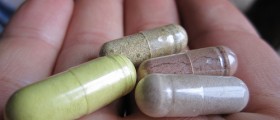

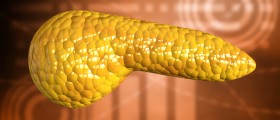

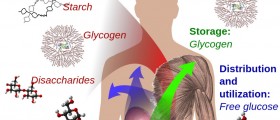







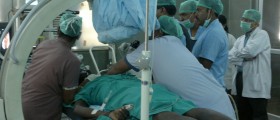
Your thoughts on this
Loading...